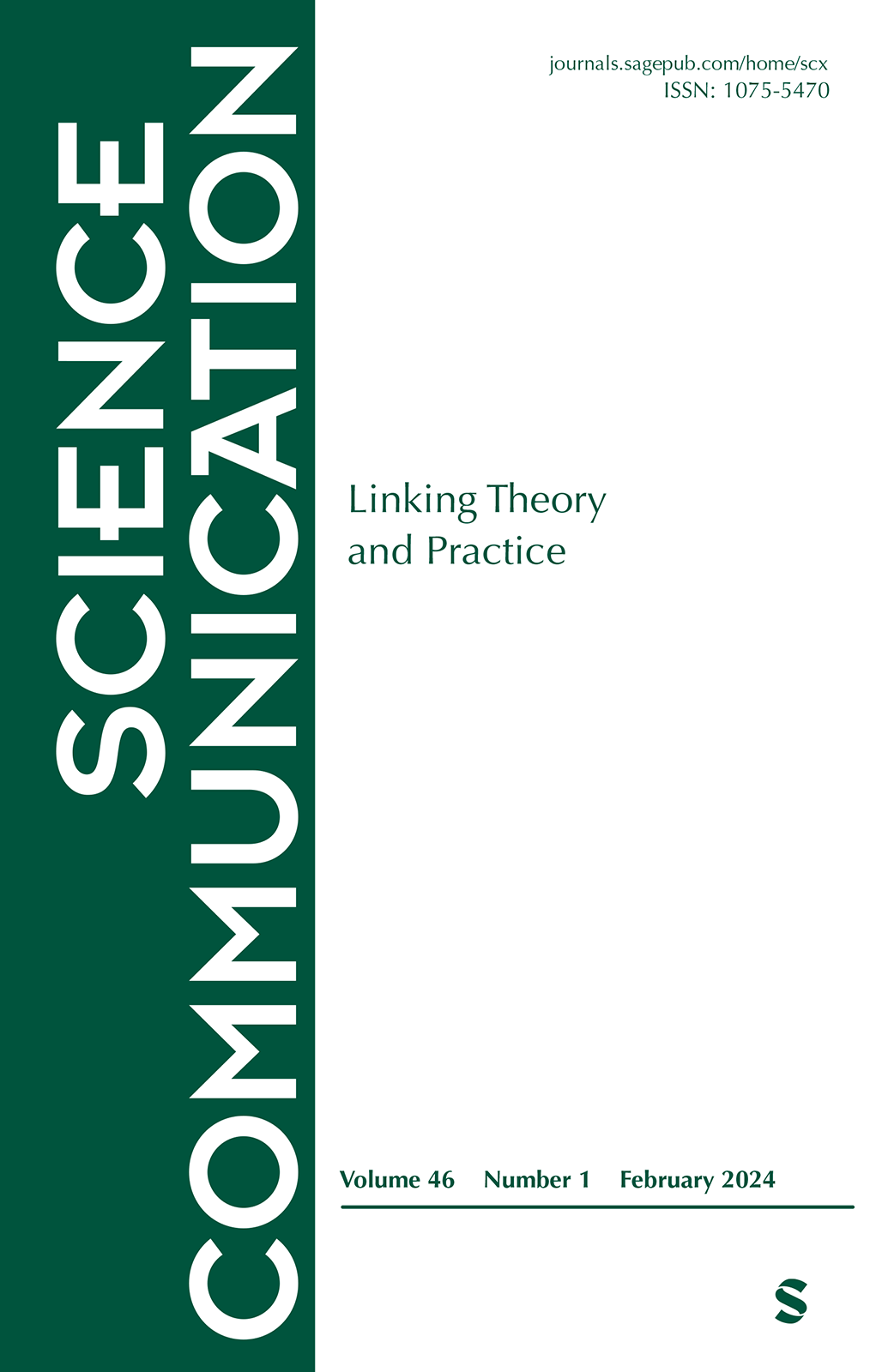环境新闻:巴西报纸对地球首脑会议的报道。
IF 4.6
1区 文学
Q1 COMMUNICATION
引用次数: 19
摘要
本文章由计算机程序翻译,如有差异,请以英文原文为准。
Environmental news: coverage of the Earth Summit by Brazilian newspapers.
This article examines how two important Brazilian newspapers covered the United Nations Conference on Environment and Development (Earth Summit). Overall, 649 news items were content analyzed to determine the type of sources used, as well as the kind of issues covered. The analysis showed that government officials were the most frequently cited sources, while environmentalists and scientists were all but ignored as news sources. The analysis also indicated that economic issues were surprisingly prominent in the coverage. These results are compatible with previous studies done in several countries and indicate that environmental media are still extremely reliant on “official” vioces. The findings also highlight the fact that the range of issues covered by the environmental media largely reflects the perceived public agenda.
求助全文
通过发布文献求助,成功后即可免费获取论文全文。
去求助
来源期刊

Science Communication
COMMUNICATION-
CiteScore
13.50
自引率
4.40%
发文量
19
期刊介绍:
Science Communication is a prestigious journal that focuses on communication research. It is recognized globally for publishing top-quality manuscripts that demonstrate excellent theoretical frameworks and robust methodology. Our journal embraces a broad definition of science, encompassing not only the natural and physical sciences but also social science, technology, environment, engineering, and health. Regardless of the scientific area, effective communication is always the focal point of our investigations.
Apart from theoretical and methodological rigor, we place great emphasis on the practical implications of scientific communication. Therefore, we expect all submitted manuscripts to address the real-world applications and significance of their research, alongside theoretical considerations.
In summary, Science Communication is an internationally renowned journal dedicated to bridging the gap between science and society. By promoting effective communication in various scientific domains, we strive to engage readers with intriguing research that has tangible implications for the world around us.
 求助内容:
求助内容: 应助结果提醒方式:
应助结果提醒方式:


